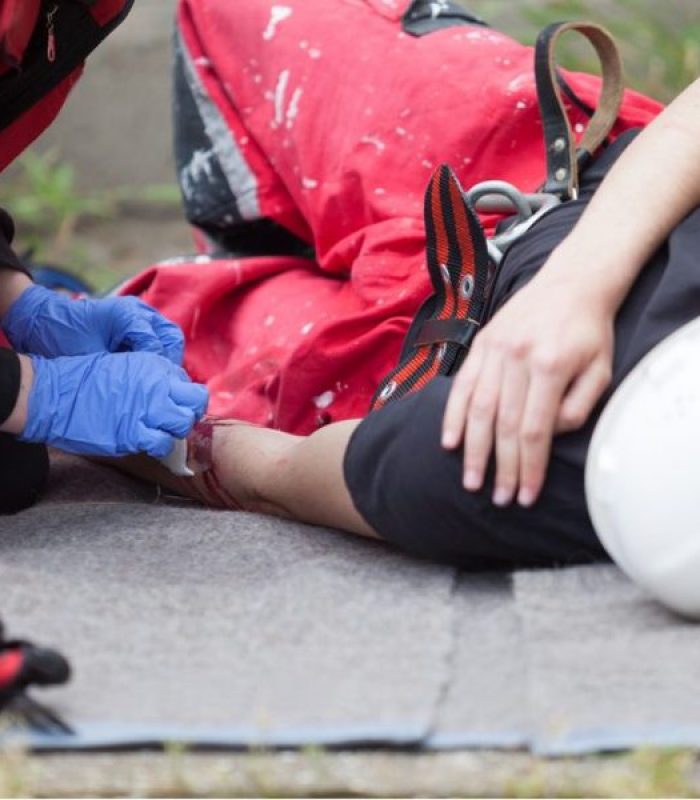Does it seem hypocritical to be pill shaming friends and family when we have spent decades defending cannabis?
Pill shaming has become a bit of an unofficial tradition among cannabis advocates. Some among us believe cannabis, because of its actions on the endocannabinoid system, will one day replace every pharmaceutical. Others will simply advise their peers to “get off the pills,” to eschew those numbered and pressed pucks of poison for a potent natural alternative.
Cannabis holds a lot of promise medicinally. We’re discovering it can treat a variety of symptoms, if not full-blown disease states, in a relatively non-toxic manner. Given modern society’s reliance on toxic allopathic medicine, it’s no wonder why so many people would opt for the green over Walgreens.
Pharmaceuticals can come with a host of nasty side effects – like “sudden death.” The most common side effects from cannabis include getting hungry or sleepy, or experiencing short-term memory loss. I’m sure most of us would rather deal with the munchies rather than a heart attack any day of the week.
But can cannabis replace all pharmaceutical pills, patches, vials, and syringes? Probably not.
Pill Shaming is the Worst
Pill shaming is probably one of the most annoying and dangerous habits of a die-hard cannabis advocate. In all fairness, there’s absolutely nothing wrong with suggesting to a friend or family member that they try cannabis to assuage their suffering. They may even discover it works wonders for them. Or they may discover it does nothing at all.
It’s true that opioid abuse has become a worldwide epidemic. Studies have shown cannabis can curb this epidemic, since chronic pain patients can supplement, or even replace, opioid painkillers.

Cannabis is Not for Everyone
Not every person can manage their pain with cannabis. Although cannabis exhibits analgesic properties, studies suggest it does not eliminate pain the way, say, oxycontin does. Rather, it alters our perception of pain. Basically, a person still feels pain while under the effects of cannabis, they just don’t mind it so much.
One recent Australian study assessed hundreds of chronic pain patients and their cannabis use. The media botched its coverage of this study, as one headline read, “In major study, cannabis shows no benefit for chronic pain.” That’s not true. The study found that just under half of respondents reported some relief from cannabis use, which suggests cannabis certainly does help manage pain, it just doesn’t work for everyone.
Some patients require opioids to live functional, fulfilling lives. It’s a necessary evil in that respect, seeing as chronic, debilitating pain causes elevated levels of stress, depression, and insomnia; all behaviors associated with shortened, miserable life spans.
Are opioids incredibly addictive? Of course they are. Should pharmaceutical companies be held accountable for today’s opioid epidemic? If we’re talking about Purdue Pharma or Syndros, then hell yeah.
Should we shame patients who prefer – or need – opioids to manage their pain? Absolutely not. We’re all different, and we all react to our symptoms and our medicines differently. What works for one person may not work for another.
Cannabis Can’t Do Everything
Sometimes, cannabis may not even work at all. Take a diabetes patient. People with diabetes do not efficiently break down the sugars they eat, leading to lethally high concentrations of glucose in their blood. This can cause all sorts of medical problems, like nerve damage, dehydration, and even death. Some diabetes patients – those with Type II – have this condition because of poor diets.
But other diabetes patients – those with Type I – cannot simply change their diets to treat the condition. Type I patients were not born with the ability to process sugars, so they must inject insulin to do this for them.

Use Pharmaceuticals for Diabetes
As far as we know, insulin injections are the only way to treat Type I diabetes (for now). There is some evidence cannabis could treat certain diabetes patients, but these patients primarily fall under the Type II category, not Type I. Additionally, there’s also some evidence cannabis could prevent the onset of Type I, but there’s not enough data to risk someone’s life on it. If a Type I diabetes patient stops taking insulin, they will slip into a coma and die.
There is no cannabis-derived medicine for diabetes, nor is there a home-spun regimen for tackling diabetes with cannabis like there is with cancer. There are some reports that the cannabinoid, THCV helps to prevent insulin resistance (resulting in better weight maintenance) and can improve outcomes for diabetics. But, this is not exactly a treatment for diabetes.
I could go on and on.
Diversity Means Respecting Difference
I would argue pill-shaming in the cannabis community is grossly hypocritical. Haven’t we been told by doctors, professors, friends, and family that cannabis doesn’t work at all? That medical cannabis is just a ruse to legalize recreational use?
At some point, we’re all told this thing. We’re all made out to be smelly hippie drug addicts who just want an excuse to get high. We know that’s not true. So, knowing how this feels, why do some of us do it to other people?
I suspect it’s partially good-intentioned, partially arrogant. We don’t want to see our loved ones snared under the deadly seduction of opioid abuse. We want our friends and family to live active, healthy lives, and cannabis can do that for many of us.
It All Comes Down to Empathy
But on the flip side, I’ve seen weed warriors exploit their cannabis knowledge to feel superior to others. Maybe that patient being berated about their painkiller use doesn’t feel comfortable taking cannabis. Maybe they cannot take cannabis because it would cost them a job, or worse, a career. Perhaps they’ve tried cannabis in the past and found it did zilch for their condition. Or maybe cannabis, ironically, makes them sick.
On this note, I say we should be cautious of falling into “the trap,” of lording our knowledge over others’ ignorance or reluctance. It just makes all of us look like bullies.
Let’s leave the bullying to the government, shall we?





